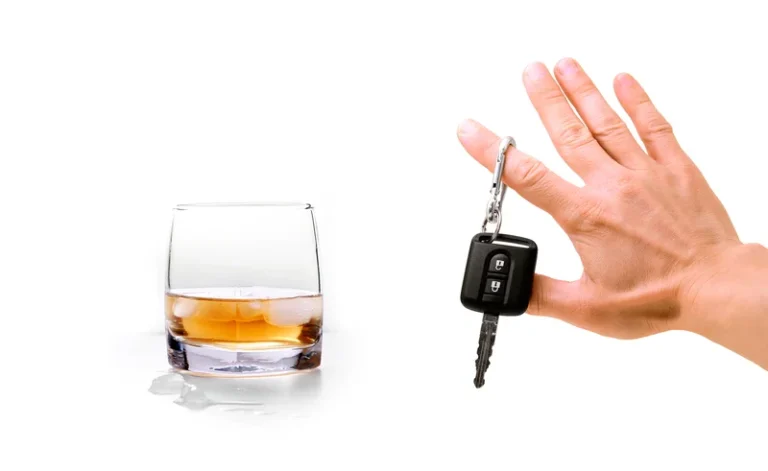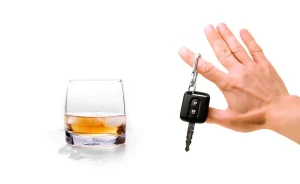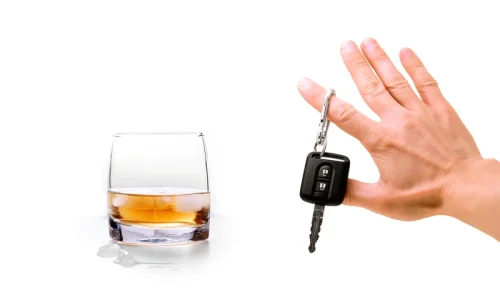
This process temporarily restores homeostasis, or chemical balance, in an effort to counteract the impact of long-term alcohol use on the brain. For the first time in history, the Opening Ceremony of an Olympic Summer Games was held outside of a stadium – and to spectacular effect. In line with its slogan, ‘Games Wide Open’, Paris 2024 was the first Olympic Games in history to achieve gender parity on the field of play. Of the 10,500 quotas available to athletes, the International Olympic Committee distributed an equal number to female and male athletes. At the same time, the Opening Ceremony saw 96 per cent of National Olympic Committees choose two athletes – one female and one male – to carry their respective countries’ flags.
More on Substance Abuse and Addiction

Remember, professional medical support is crucial throughout this journey to ensure your safety and comfort. This helps flush toxins from your system and can alleviate some physical discomfort. Overcoming relapse triggers is essential for sustaining recovery, as exposure to stress, social drinking environments, or emotional distress increases the risk of relapse. Mindfulness and meditation encourage individuals to remain present, reducing impulsive reactions to alcohol cravings.
- FDA-approved medications play a crucial role in alcohol recovery by reducing cravings, withdrawal symptoms, and the risk of relapse.
- For most people, alcohol withdrawal symptoms will begin sometime in the first eight hours after their final drink.
- “Clinical management of alcohol withdrawa… A systematic review.” Industrial Psychiatry, July 2013.
- Holistic approaches complement traditional alcohol recovery methods by addressing physical, emotional, and psychological well-being.
- Alcohol recovery is a structured process designed to help individuals overcome alcohol dependence and achieve long-term sobriety.
Essential Nutrients for Organ Repair and Function
In other words, effects that occur during alcohol detox are typically the opposite of effects caused by alcohol use. When alcohol is used for prolonged periods of time, these receptors are constantly overstimulated. The body adjusts to this by reducing how sensitive these receptors are. This balances out the overstimulation and helps these receptors function normally when alcohol is present.
- Quality sleep is fundamental to the body’s healing and detoxification processes.
- The level of suppression depends on how much alcohol is normally in the bloodstream.
- Not all treatments or services described are covered benefits for Kaiser Permanente members or offered as services by Kaiser Permanente.
- This process involves alcohol detox, therapeutic interventions, and behavioral modifications to support sustained recovery.
Addiction Treatment
However, there is always hope and the potential for a healthier well-being and a more enriching life. However, without alcohol as a means of coping, emotional challenges can become more apparent, and you’ll be forced to confront your issues and triggers without the crutch of a depressant. Finding healthier ways to cope at this stage is critical to maintaining your sobriety, such as building new routines and habits. Incorporating relaxation techniques, such as yoga and meditation, can also make the recovery journey easier. Thus, staying Twelve-step program hydrated is crucial to not only hydrate your body but to flush out toxins.
- It also provides an overview of the alcohol withdrawal timeline process and when to discuss your drinking with your healthcare provider.
- If you receive a diagnosis of hepatitis or cirrhosis related to ALD, your doctor will likely recommend that you stop drinking for the rest of your life to help prevent further liver disease progression and complications.
- Of the 10,500 quotas available to athletes, the International Olympic Committee distributed an equal number to female and male athletes.
- Recently, with COVID-19 precautions, many programs offer programs via telehealth.
- “I can’t do cocaine without drinking. So I just gave up both. I’m proud to say I’m 83 days sober right now, which is the longest I’ve ever gone in my life without either,” he said.

Recovery is an ongoing process, and individuals who maintain consistent support systems and lifestyle changes have higher success rates in Alcohol Detox avoiding relapse. Recovery rates vary depending on treatment duration, relapse prevention strategies, and support systems. Individuals who undergo medically supervised detox, behavioral therapy, and medication-assisted treatment (MAT) have higher success rates compared to those attempting to quit without professional intervention.

Side Effects of Continued Alcohol Use (Long-term):
This guide analyses alcohol detox goals and phases while it explores medical treatment options and self-detoxing risks to demonstrate the importance of professional supervision throughout the difficult path to sobriety. Mental health disorders, such as bipolar disorders, schizophrenia, and depression, can intensify withdrawal symptoms and complicate the recovery stages. In addition, mental health disorders often require specialized treatment. Even though your body and mind have made significant strides, it’s easy to be tempted to drink again.

Psychological and Emotional Symptoms During Detox

It is a priority for CBC to create products that are accessible to all in Canada including people with visual, hearing, motor and cognitive challenges. Before they could come to Thunder Bay, participants had to complete pre-detox sessions to show their commitment to the program. Support workers are also available at the hotel to help people sign up for Indian status cards and provincial health cards, as well as connect with child and family services. This isn’t the first time the First Nation has brought people to the hotel to help them. Here I highlight important work being done at NIDA and other news related to the science of drug use and addiction.
What Are The Benefits Of Alcohol Recovery?
Behavioral therapies like Cognitive Behavioral Therapy (CBT), Contingency Management (CM), and Motivational Enhancement Therapy (MET) help individuals change drinking-related thought patterns and develop coping skills. Between 12 to 24 hours after the last drink, withdrawal symptoms intensify as the body struggles to regain its chemical balance. The nervous system remains hyperactive, leading to cardiovascular instability, heightened anxiety, and sensory disturbances. Individuals experience hallucinations, increased heart rate, and severe agitation as alcohol withdrawal progresses. If you have alcohol use disorder and want help, a healthcare provider can guide you to resources and rehabilitation programs to help you quit.

